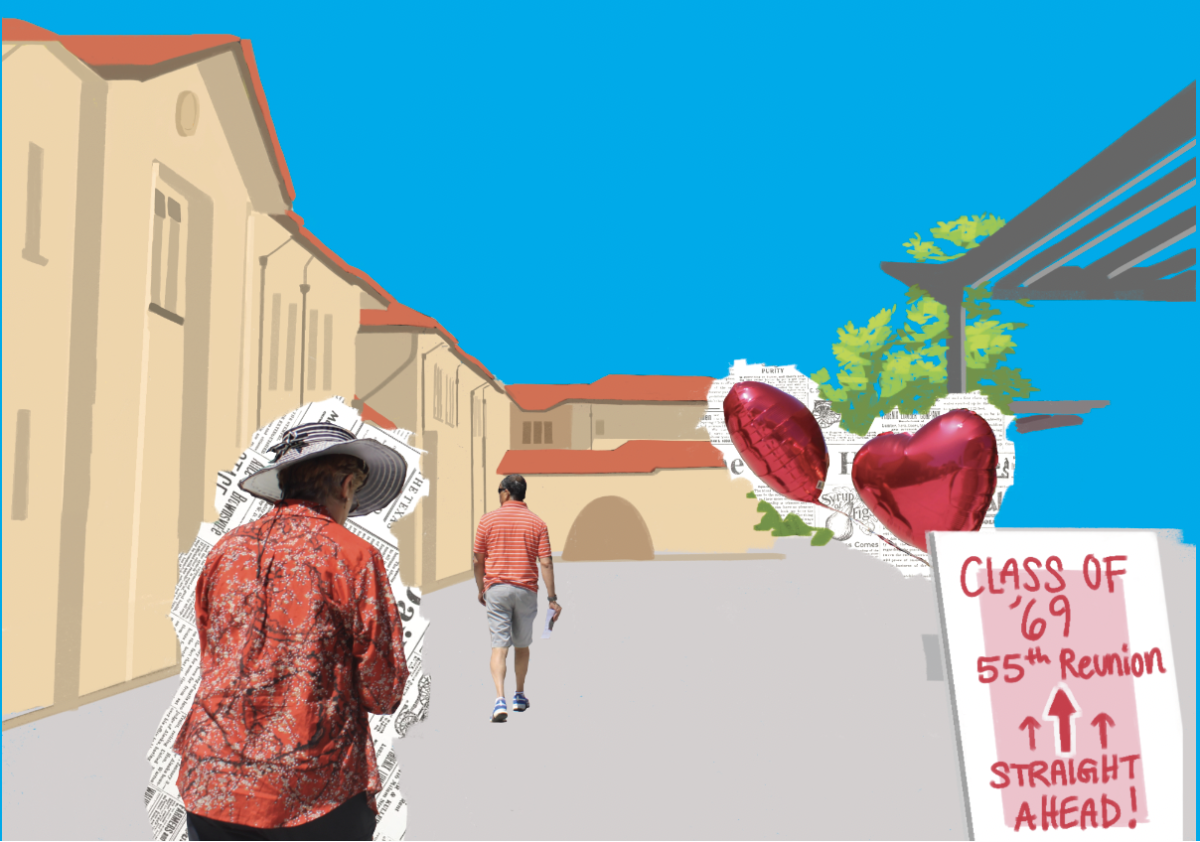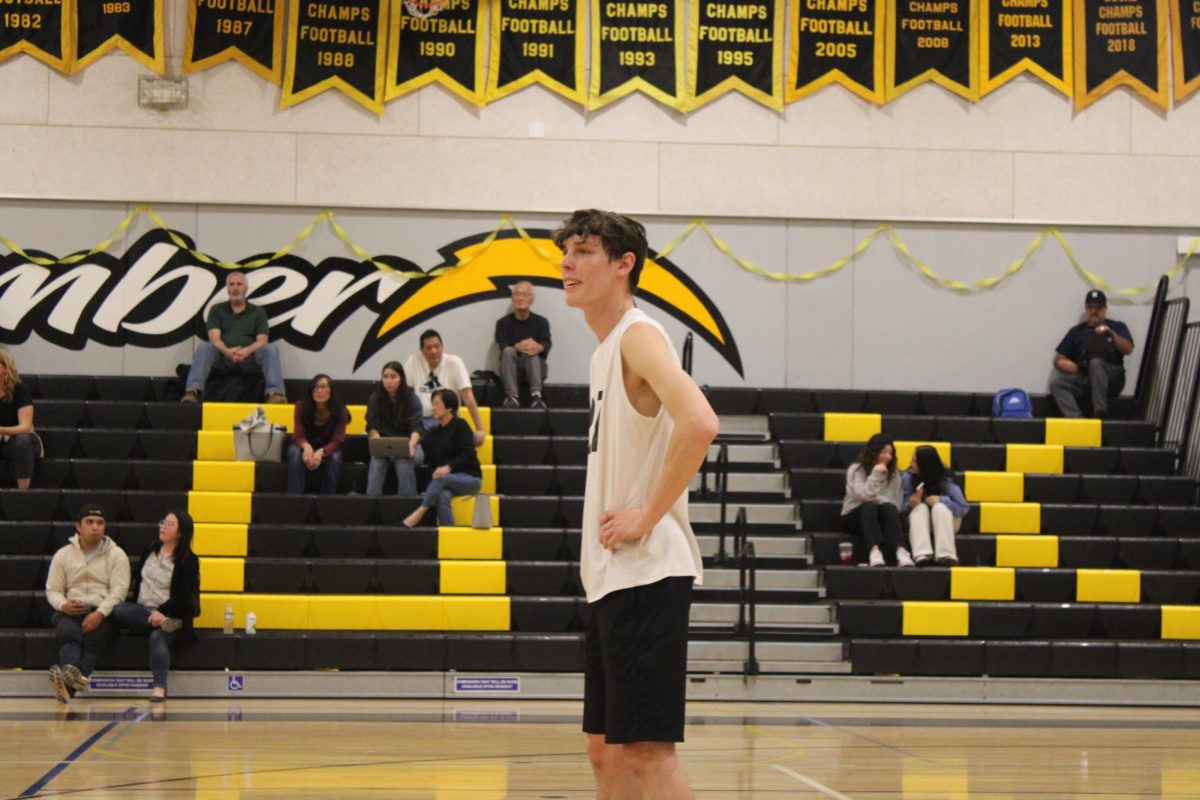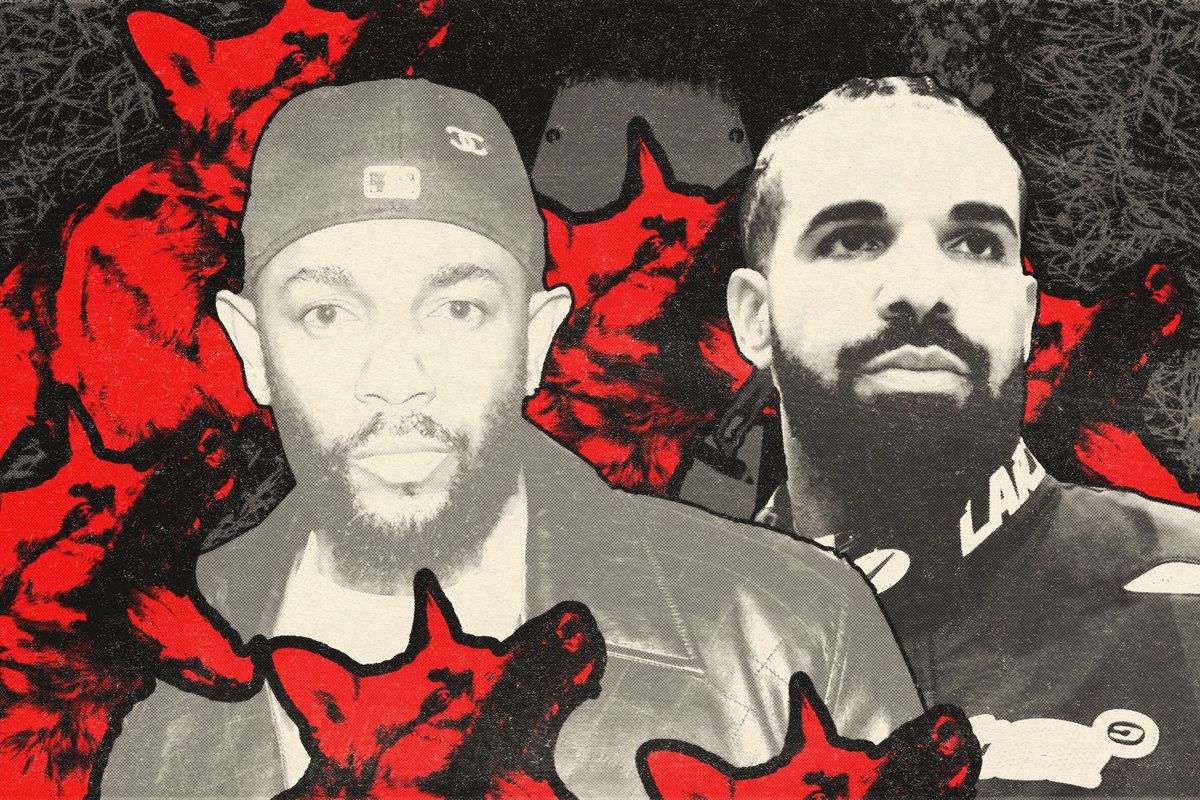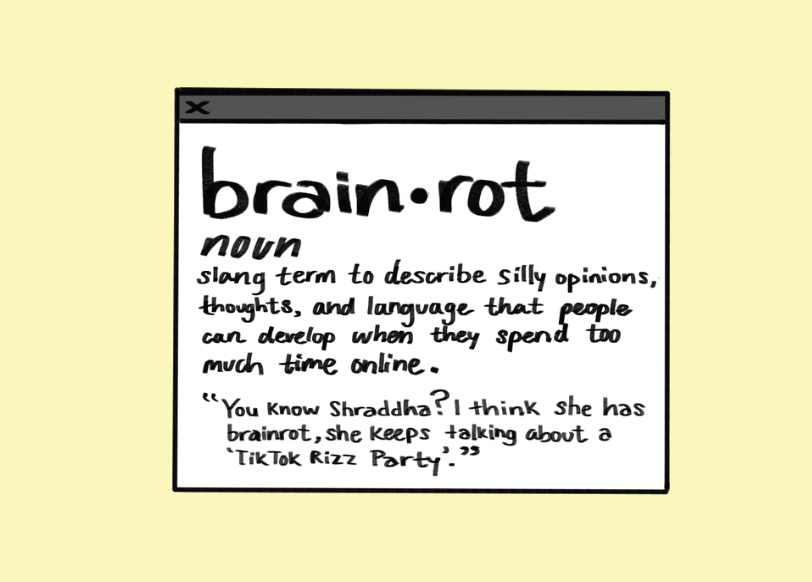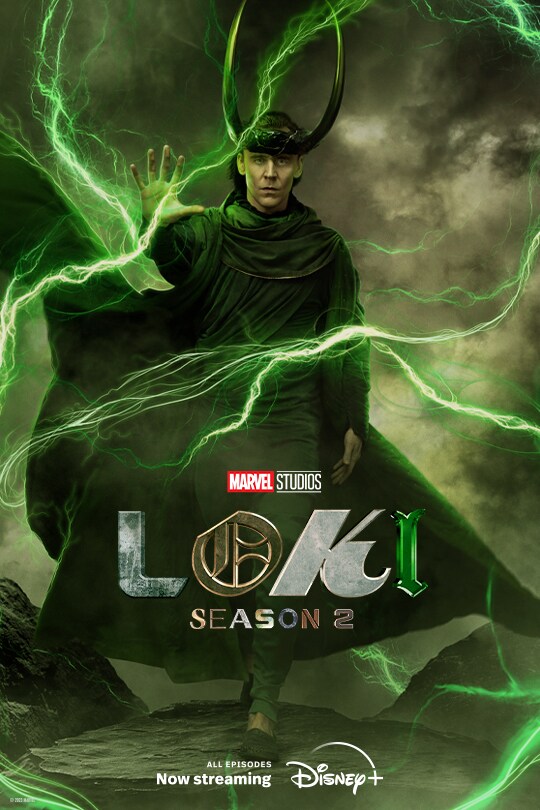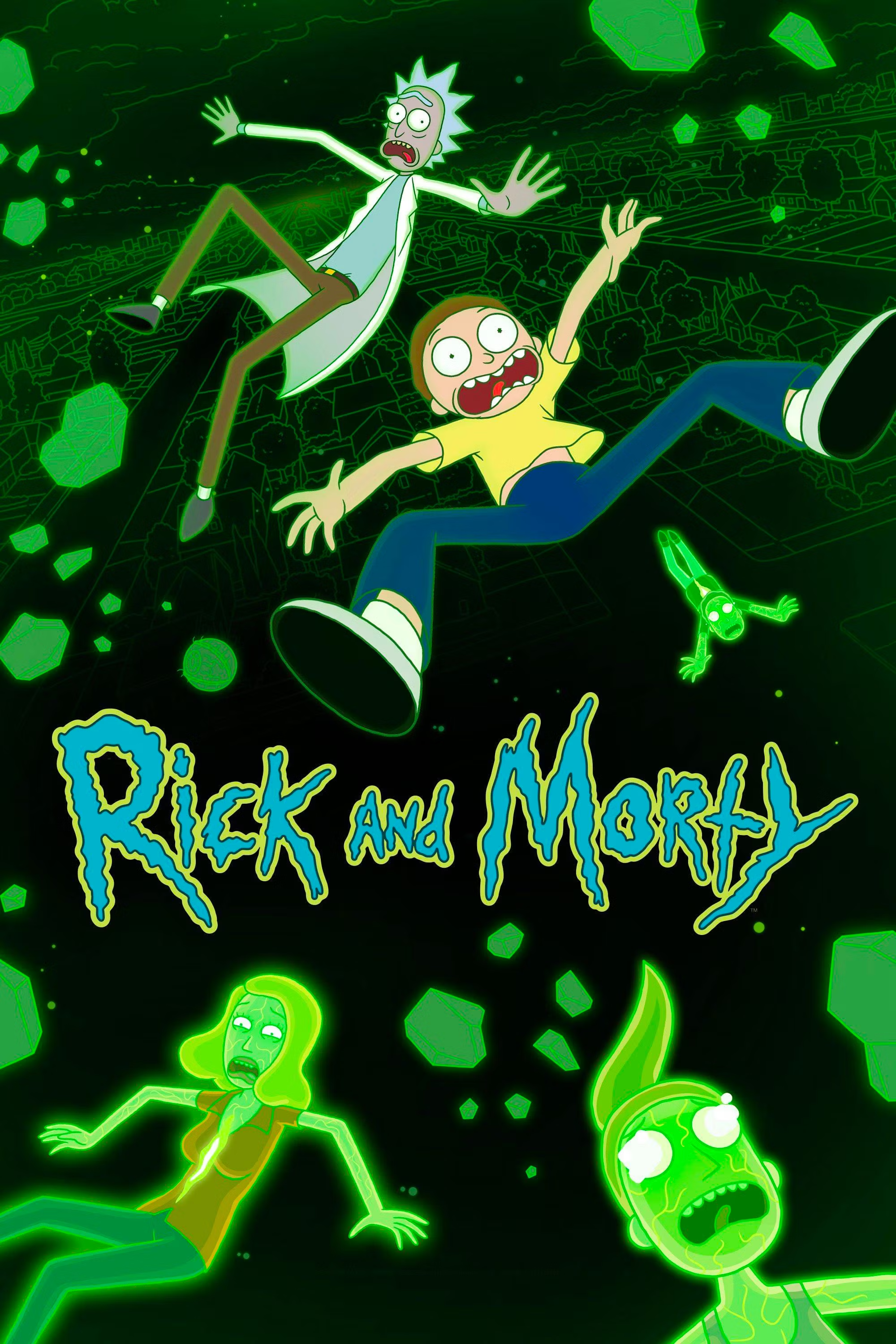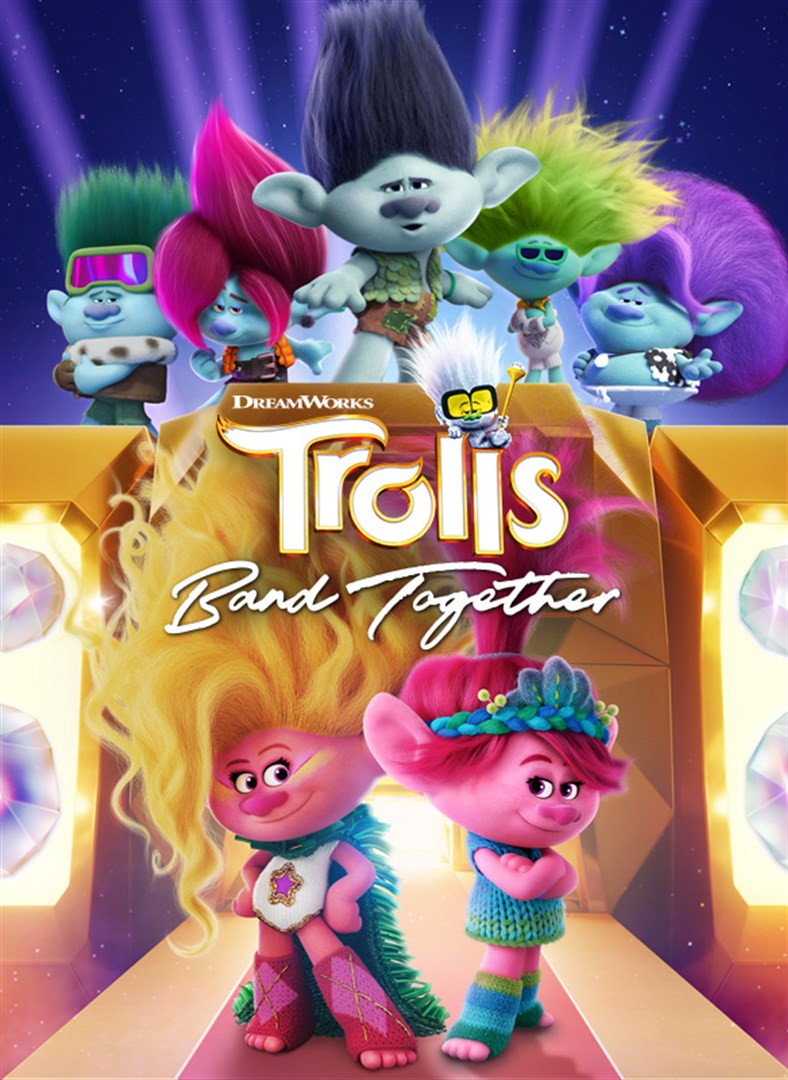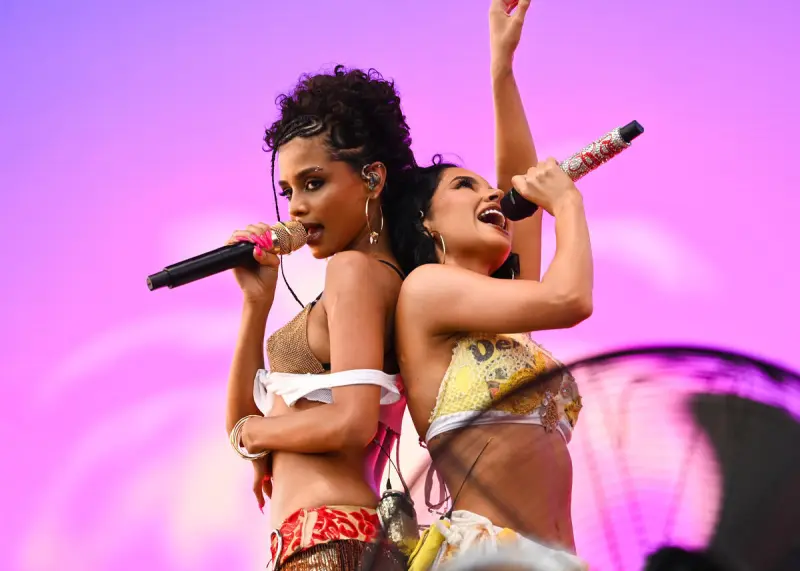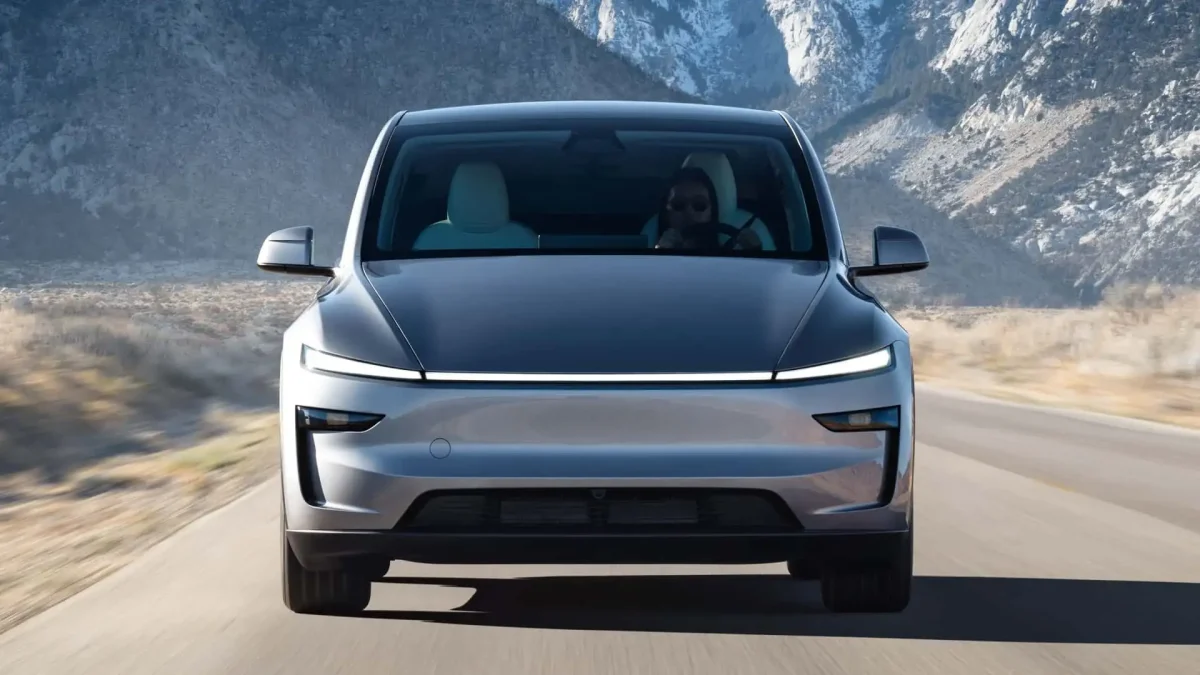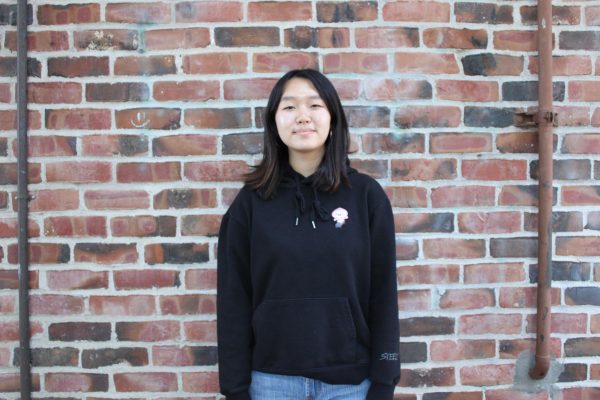Taking place in Godolkin University, the sole institution in the U.S. exclusively catering to young adult superheroes and operated by Vought International, “Gen V” is characterized as a bold and R-rated series, the latest spin-off from “The Boys,” a hit Amazon streaming series. It delves into the lives of assertive, hormonally charged Supes (superheroes) navigating the challenges of pushing their physical, sexual and moral limits while vying for top contracts in premier cities.
The story begins with the traumatic origin story of Marie Moreau (Jaz Sinclair). She discovers that the elixir her parents gave her as a child gave her the ability to transform her blood into a lethal weapon. The gravity of this situation intensifies when her first period becomes a deadly event involving her parents. This boundary-pushing opening scene sets the tone, establishing creators Eric Kripke, Evan Goldberg and Craig Rosenberg’s commitment to pushing the envelope. Marie, now marked by parental manslaughter, finds herself in a home for delinquent proto-supers before earning a coveted spot at Vought-run Godolkin University of Crime Fighting. Her dream is to become the first Black woman in The Seven, a legendary group of superheroes.
The series introduces a diverse group of super-powered students, including the fiery Luke (Patrick Schwarzenegger), shapeshifting Jordan (Derek Luh and London Thor), metal-bending Andre (Chance Perdomo), empath Cate (Maddie Phillips) and size-changing Emma (Lizzie Broadway). The core group quickly finds themselves entangled in unraveling the mystery surrounding Luke’s presumed deceased brother, Sam, in an enigmatic establishment referred to as The Woods. Inevitably, the mystery comes to include Vought itself — a widely recognized corrupt organization.
“Gen V” not only builds upon the foundation laid by its predecessors but also introduces a dynamic narrative that stands on its own. But what sets “Gen V” apart is its commitment to addressing real-world issues within the framework of its superhero narrative. In a landscape saturated with fairytale elements, the series takes a bold step by delving into themes that resonate with the audience on a societal level. Beyond traditional superhero tropes, “Gen V” explores topics like privilege, discrimination and the power dynamics inherent in a media-driven society.
The exploration of these themes become crucial in today’s television landscape, where audiences increasingly seek content that reflects the complexities of the world we live in.
“Viewers who take inspiration from TV shows can easily have their attention brought to real-world issues that are being portrayed in the TV show or movies and it spreads education and knowledge,” FHS junior Aarohi Buddhavarapu said.
The success of “Gen V” is not merely confined to its ability to entertain but extends to its relevance in addressing prevalent societal issues. By seamlessly integrating these themes into its narrative, the series not only engages viewers on a visceral level but also sparks conversations about the broader issues at hand.
As “Gen V” continues to unfold its narrative and captivate audiences, its success becomes a beacon for other shows to follow suit.
“I think representation in media is important because it allows viewers to relate to characters and stories and it helps foster inclusivity and diverse perspectives, it can even help a show gain popularity by attracting a wider audience who are seeking more relatable content,” FHS junior Anya Gajula said.
The resonance it achieves by intertwining thrilling storytelling with a nuanced exploration of societal issues sets a standard for the industry.



